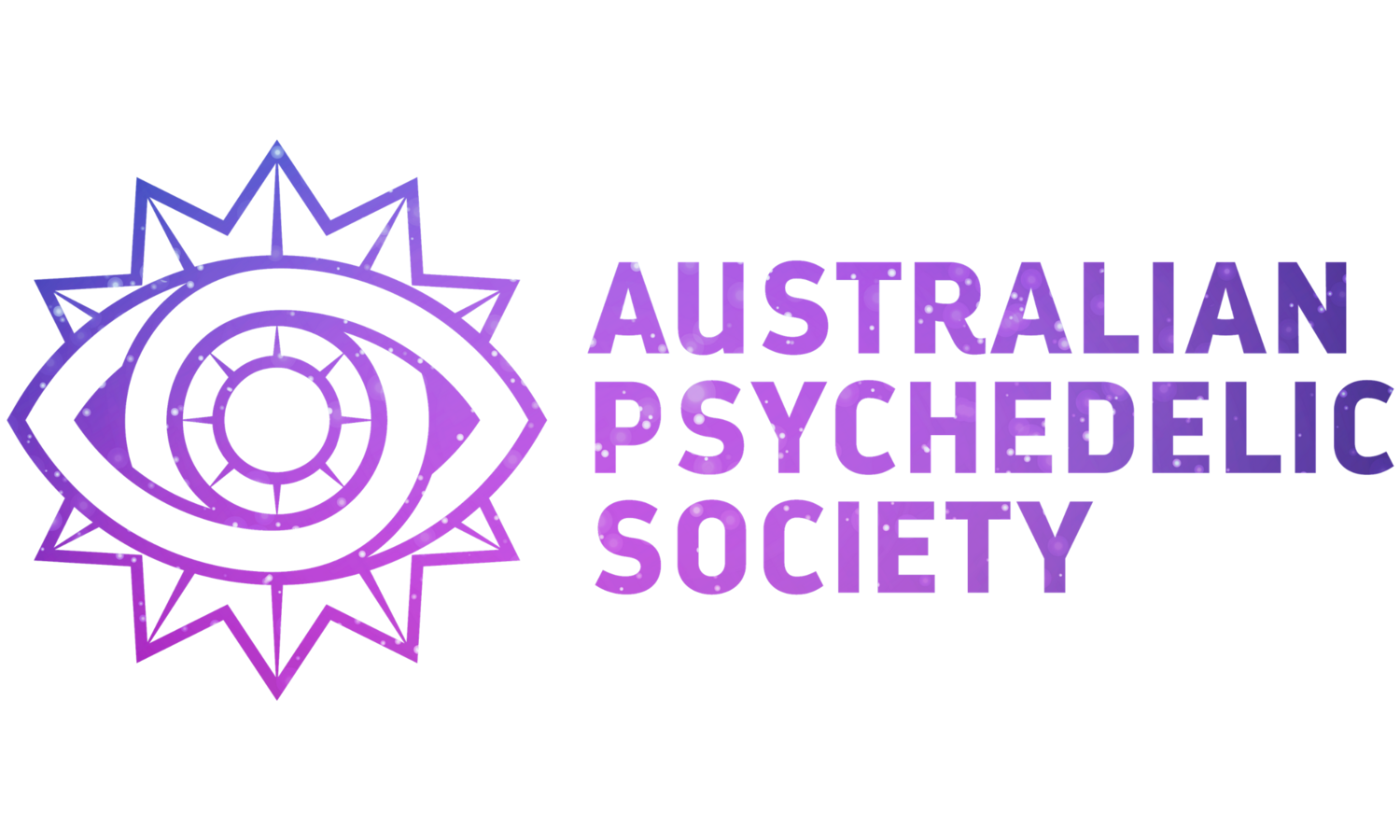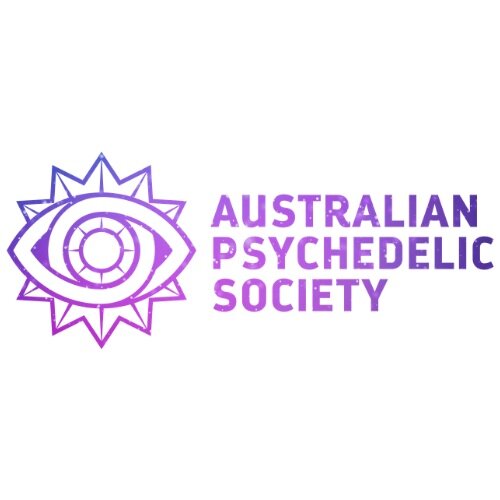Rescheduling psilocybin and MDMA in Australia - A process explainer
There is a proposal before Australia's poisons, medicines and drug regulator, the TGA (Therapeutic Goods Administration) to down-schedule MDMA and psilocybin from Schedule 9 to Schedule 8, for use in limited therapeutic settings.
The TGA will be considering their position (once more) in December 2021, following the September 30th tabling of an independent report.
Nick Wallis from the Australian Psychedelic Society speaks with Dr. Stephen Bright from PRISM (Psychedelic Research In Science and Medicine), Dr. Samuel Douglas (APS President) and Simon Beck (APS) about the report, the proposal and the process.
TGA scheduling decisions are highly bureaucratic and often confusing, so let us help you break it down to something more understandable, so you know exactly what is and is not being proposed.
The Application and Interim Decision
November 2020 - April 2021
In November 2020, the TGA received a private application to re-schedule psilocybin and MDMA from Schedule 9 to Schedule 8 with the following conditions:
PSILOCYBIN for use in the treatment of medical conditions:
In preparation for oral use as part of psychotherapy under the authorisation of a treating psychiatrist or specialist addiction physician in a medically controlled environment;
Manufactured in accordance with the Narcotic Drugs Act 1967; and/or
Imported or manufactured in Australia as therapeutic goods, or for use in therapeutic goods, for supply, in accordance with the Therapeutic Goods Act 1989; and/or
In therapeutic goods supplied in accordance with the Therapeutic Goods Act 1989.
N, α-DIMETHYL-3,4-(METHYLENEDIOXY)PHENYLETHYLAMINE (MDMA) for use in the treatment of medical conditions:
In preparation for oral use under the authorisation of a treating psychiatrist or addiction specialist physician in a medically controlled environment;
Manufactured in accordance with the Narcotic Drugs Act 1967; and/or
Imported or manufactured in Australia as therapeutic goods, or for use in therapeutic goods, for supply, in accordance with the Therapeutic Goods ct 1989; and/or
In therapeutic goods supplied in accordance with the Therapeutic Goods Act 1989.
Here’s a definition of each of the TGA Schedules:
The TGA’s Advisory Committee on Medicines Scheduling (ACMS) handed down its interim decision in February 2021, recommending that the current scheduling of both drugs is appropriate.
The Committee Delegate of the Secretary (i.e. the person who writes the reports on behalf of the committee) highlighted the following information received via submissions as particularly important to the decision not to re-schedule:
I find that the points raised in public submissions from several peak bodies were highly pertinent, noting the following concerns and recommendations:
The Royal Australian and New Zealand College of Psychiatrists (RANZCP) advised that further research is required to assess the efficacy, safety, and effectiveness of psychedelic therapies, emphasising that appropriate treatment methodologies and training protocols do not yet exist.
The Australian Medical Association (AMA) advised that more high-quality research, using larger-scale studies, is required to establish the safety and efficacy of psychedelic therapies. The risk of psychosis and persistent hallucinations, especially in susceptible subpopulations, is likely to be high.
Psychedelic Research in Science and Medicine (PRISM) advised that, to ensure safe and ethical use, any decision to down-schedule [psilocybin] should include an extensive three-year implementation plan. In addition, psilocybin-assisted psychotherapy has not yet commenced phase 3 trials, and will require several years of further research to establish efficacy.
Psychedelic Research in Science and Medicine (PRISM) advised that any decision to down-schedule [MDMA] should include an extensive two-year implementation plan. Only a limited number of Australian medical professionals are currently trained to provide MDMA-assisted psychotherapy, and premature down-scheduling may put patients at increased risk of harm.
The Delegate notes on both psilocybin and MDMA that, "Pending the outcome of current clinical research, the scheduling of MDMA/psilocybin could be reconsidered in future applications.”
At this stage of the process, most applications do not continue forward, with the interim decision standing until a future application is made. But in this case, the Delegate decided to seek further advice by setting up an independent expert review panel to review the therapeutic value, risks and benefits to public health outcomes for these substances, as well as seeking additional advice from the Advisory Committee on Medicines Scheduling following the review.
The Independent Expert Panel
April 2021 - September 2021
On the 30th of September, the independent expert panel handed down its report, noting limited trial quality and scope in the research field. Their conclusion was that, “MDMA and psilocybin may show promise in highly selected populations but only where these medicines are administered in closely clinically supervised settings and with intensive professional support.”
From here, the ACMS will consider the review at their next meeting on 3rd November 2021, with the Delegate’s decision to be made public in the first week of December.
A Note on Equity
In our conversation for the APS YouTube channel, Dr. Stephen Bright raised an issue important to our broad psychedelic community. We all want to see a change to the current inappropriate and outdated scheduling of psychedelics. And we know there is promising research out there for therapeutic application of these substances, but we must be careful how we move forward.
The medical cannabis field continues to struggle with this, despite its legalisation. The product is expensive and has to come from far away due to local bureaucratic hurdles being too high; some doctors will not prescribe as they are not confident doing so without further information (or the breaking down of prohibitionary stigma); and the conditions one can be prescribed cannabis for are limited, often leaving some people who have been using cannabis therapeutically out of the system and thus putting them back into the black and grey markets.
Psychedelic therapy and medicines should not be so expensive that only a few can access them, and they should be able to be accessed by people across Australia, meaning knowledge, training and breaking down of stigma all need to permeate across the medical and psychotherapeutic fields.
And finally, a change from Schedule 9 to Schedule 8 in very particular scenarios means very little for the vast majority of us who engage in altered states for a wide variety of reasons outside of the scope of traditional therapy or medicine.
For the rest of us, the realities of prohibition remain, including hefty fines, potential jail time, the black market and all the troubles that can come with that, such as dangerous adulterants and obscure substances passed off as MDMA by the unscrupulous and naive.
This situation is unacceptable and we need to continue to look at broader solutions to the many problems of prohibition.






